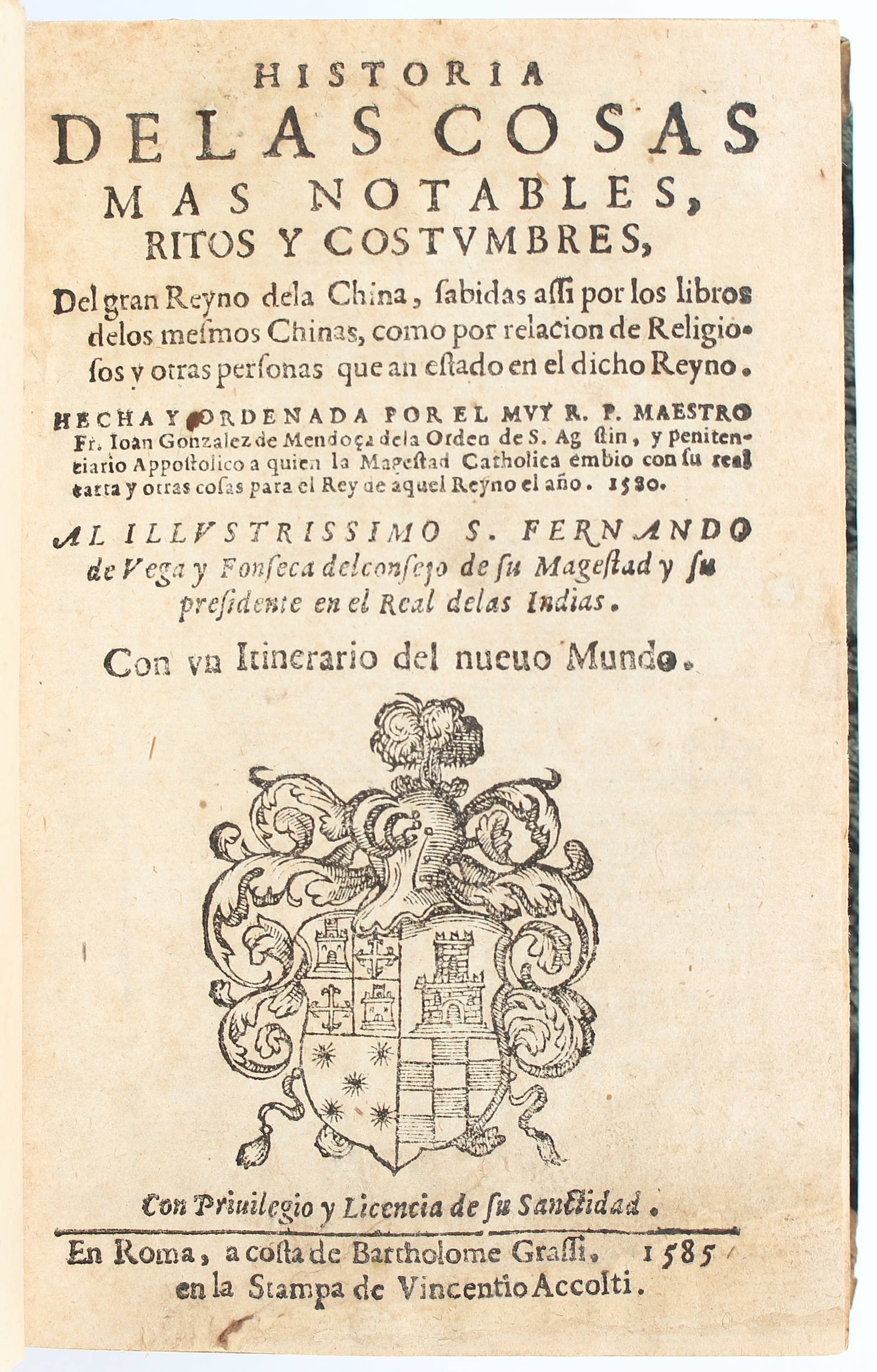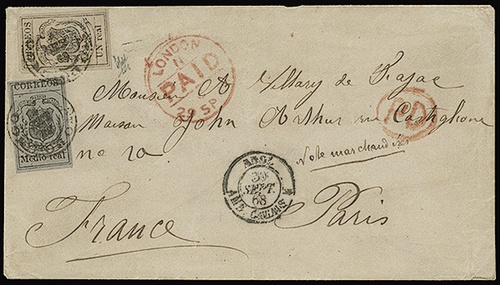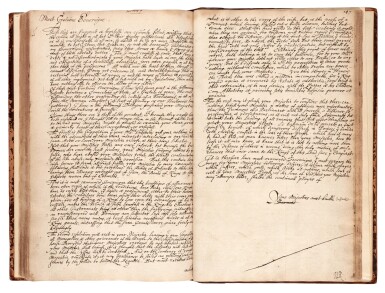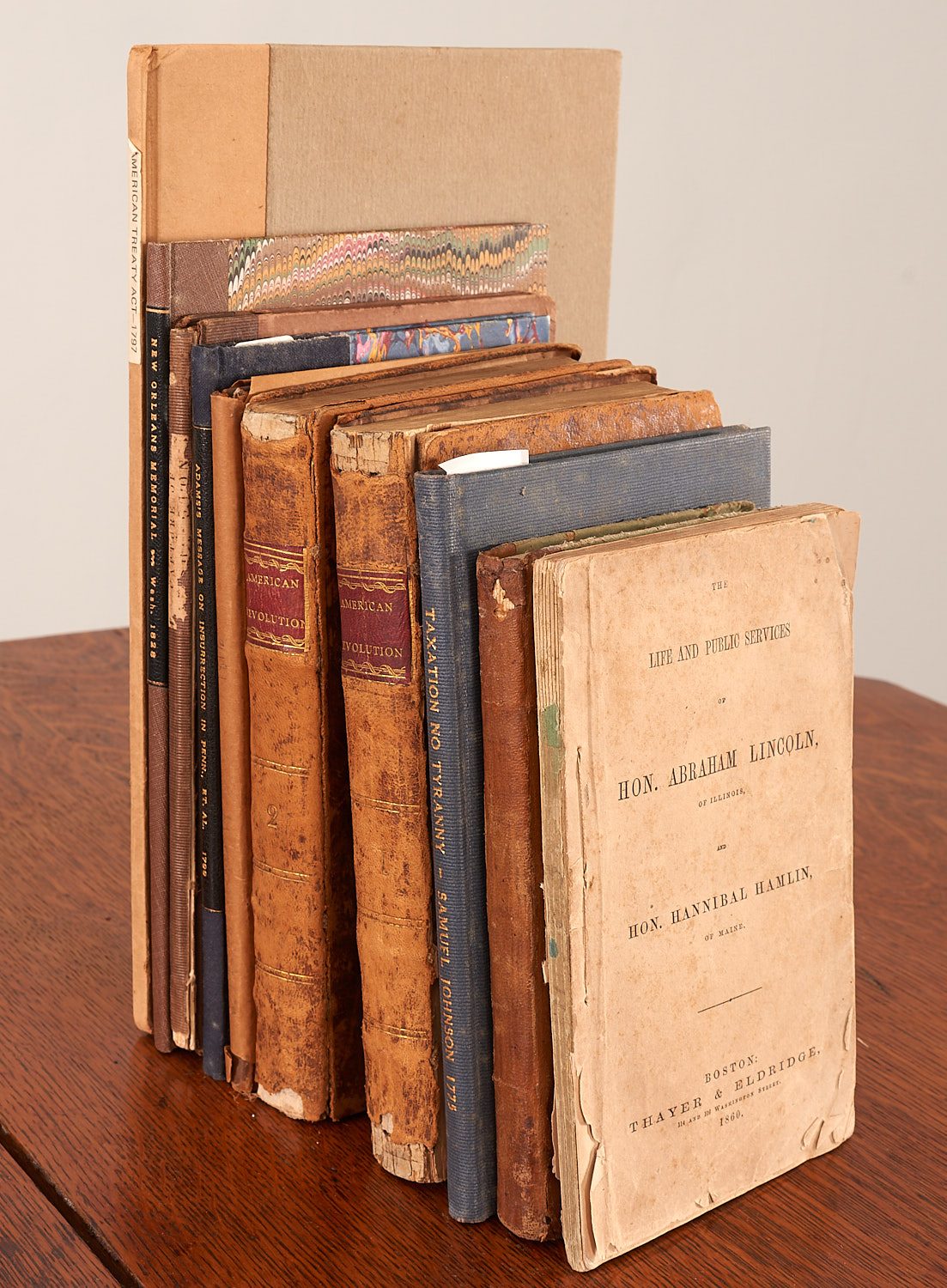The important ‘St Domingo’ Naval Gold Medal group to Admiral of the Fleet Sir Francis Austen, G.C.B., brother of the famous novelist, Jane Austen The Most Honourable Order of The Bath, G.C.B. (Military) Grand Cross set of insignia comprising sash badge in 22 carat gold and enamels, hallmarked London 1820, maker’s mark ‘IN’, and breast star in silver with appliqué centre in gold and enamels, the star circa 1860, complete with full dress sash ribbon The Most Honourable Order of The Bath, K.C.B. (Military) a superb quality Knight Commander’s breast star in silver with appliqué centre in gold and enamels, translucent white enamel to the central ground, circa 1840, unsigned but in the style of Storr and Mortimer Naval Small Gold Medal, the reverse inscribed (Francis William Austen Esquire, Captain of H.M.S. Canopus on the 6 February MDCCCVI, the French Squadron Captured and Destroyed) with original gold ribbon brooch-buckle, small chip to reverse glass lunette (one of only eight Gold Medals for St Domingo) Naval General Service 1793-1840, 2 clasps, Petrel 21 March 1800 (2 clasps issued for this frigate action), St Domingo (Francis W. Austen, Capt. R.N.) unless otherwise stated, good very fine or better (5) Footnote Francis Wiliam Austen, the fourth son of the Rev. George Austen of Steventon, and the elder and more forceful of Jane Austen’s two sailor brothers, was born on 23 April 1774. Known by his family as Frank, and nicknamed ‘Fly’ on account of his seeming limitless energy, he became an enthusiastic follower of foxhounds when still of an age to be in the nursery. At the age of seven he bought a pony for £1. 8s., and after two seasons, sold it with precocious enterprise for £2. 4s. 6d. His carefree boyhood in the Hampshire hunting field ended in April 1786 when a few days before his twelfth birthday he was packed off to the Royal Naval Academy at Portsmouth, an institution with ‘a long standing evil reputation for bullying, idleness, and debauchery’. His father’s decision to make him the first Austen to go to sea was no doubt influenced by the fact that once accepted by the Academy, board and tuition were free. Young Frank however, was not one of those who idled away their time, and he applied himself to his studies with a diligence that not only kept him beyond the direful sway of the principal’s horsewhip, but which also ‘attracted the particular notice of the Lords of the Admiralty’ and ‘marked him out for early promotion’. He left the Academy in December 1788 and sailed as a Midshipman aboard the Perseverance for the East Indies, armed with a lengthy Memorandum prepared by his father, who advised him: ‘ ... Your commander and officers will be most likely to become your friends by a respectful behaviour to themselves, and by an active and ready obedience to orders. Good humour, an inclination to oblige and the carefully avoiding every appearance of selfishness, will infallibly secure you the regards of your own mess and of all of your equals. With your inferiors perhaps you will have but little intercourse, but when it does occur there is a sort of kindness they have a claim on you for, and which, you may believe me will not be thrown away on them. Your conduct, as it respects yourself, chiefly comprehends sobriety and prudence ... ’ Frank was quick to heed this parental wisdom. ‘By the age eighteen he had matured into a short slight young man, with a soft voice and gentlemanly manners, but formidably firm, independent and efficient; known as a disciplinarian, with a meticulous eye for detail and an unsleeping interest in correct fact which never deserted him, even in a life and death crisis. Once, sitting on board ship at anchor, he noticed a brother officer, swimming in the sea, was being pursued by a shark. “Mr Pakenham,” cried Francis Austen, “you are in danger of a shark - a shark of the blue species.” Other characteristics which were startlingly rare in Nelson’s Navy were that he knelt to pray in church whereas other
The important ‘St Domingo’ Naval Gold Medal group to Admiral of the Fleet Sir Francis Austen, G.C.B., brother of the famous novelist, Jane Austen The Most Honourable Order of The Bath, G.C.B. (Military) Grand Cross set of insignia comprising sash badge in 22 carat gold and enamels, hallmarked London 1820, maker’s mark ‘IN’, and breast star in silver with appliqué centre in gold and enamels, the star circa 1860, complete with full dress sash ribbon The Most Honourable Order of The Bath, K.C.B. (Military) a superb quality Knight Commander’s breast star in silver with appliqué centre in gold and enamels, translucent white enamel to the central ground, circa 1840, unsigned but in the style of Storr and Mortimer Naval Small Gold Medal, the reverse inscribed (Francis William Austen Esquire, Captain of H.M.S. Canopus on the 6 February MDCCCVI, the French Squadron Captured and Destroyed) with original gold ribbon brooch-buckle, small chip to reverse glass lunette (one of only eight Gold Medals for St Domingo) Naval General Service 1793-1840, 2 clasps, Petrel 21 March 1800 (2 clasps issued for this frigate action), St Domingo (Francis W. Austen, Capt. R.N.) unless otherwise stated, good very fine or better (5) Footnote Francis Wiliam Austen, the fourth son of the Rev. George Austen of Steventon, and the elder and more forceful of Jane Austen’s two sailor brothers, was born on 23 April 1774. Known by his family as Frank, and nicknamed ‘Fly’ on account of his seeming limitless energy, he became an enthusiastic follower of foxhounds when still of an age to be in the nursery. At the age of seven he bought a pony for £1. 8s., and after two seasons, sold it with precocious enterprise for £2. 4s. 6d. His carefree boyhood in the Hampshire hunting field ended in April 1786 when a few days before his twelfth birthday he was packed off to the Royal Naval Academy at Portsmouth, an institution with ‘a long standing evil reputation for bullying, idleness, and debauchery’. His father’s decision to make him the first Austen to go to sea was no doubt influenced by the fact that once accepted by the Academy, board and tuition were free. Young Frank however, was not one of those who idled away their time, and he applied himself to his studies with a diligence that not only kept him beyond the direful sway of the principal’s horsewhip, but which also ‘attracted the particular notice of the Lords of the Admiralty’ and ‘marked him out for early promotion’. He left the Academy in December 1788 and sailed as a Midshipman aboard the Perseverance for the East Indies, armed with a lengthy Memorandum prepared by his father, who advised him: ‘ ... Your commander and officers will be most likely to become your friends by a respectful behaviour to themselves, and by an active and ready obedience to orders. Good humour, an inclination to oblige and the carefully avoiding every appearance of selfishness, will infallibly secure you the regards of your own mess and of all of your equals. With your inferiors perhaps you will have but little intercourse, but when it does occur there is a sort of kindness they have a claim on you for, and which, you may believe me will not be thrown away on them. Your conduct, as it respects yourself, chiefly comprehends sobriety and prudence ... ’ Frank was quick to heed this parental wisdom. ‘By the age eighteen he had matured into a short slight young man, with a soft voice and gentlemanly manners, but formidably firm, independent and efficient; known as a disciplinarian, with a meticulous eye for detail and an unsleeping interest in correct fact which never deserted him, even in a life and death crisis. Once, sitting on board ship at anchor, he noticed a brother officer, swimming in the sea, was being pursued by a shark. “Mr Pakenham,” cried Francis Austen, “you are in danger of a shark - a shark of the blue species.” Other characteristics which were startlingly rare in Nelson’s Navy were that he knelt to pray in church whereas other
.jpg)

.jpg)



/110924/Internet%20Image%201.jpg)
/110925/Internet%20Image%201.jpg)
/98293/Internet%20Image%201.jpg)






Try LotSearch and its premium features for 7 days - without any costs!
Be notified automatically about new items in upcoming auctions.
Create an alert